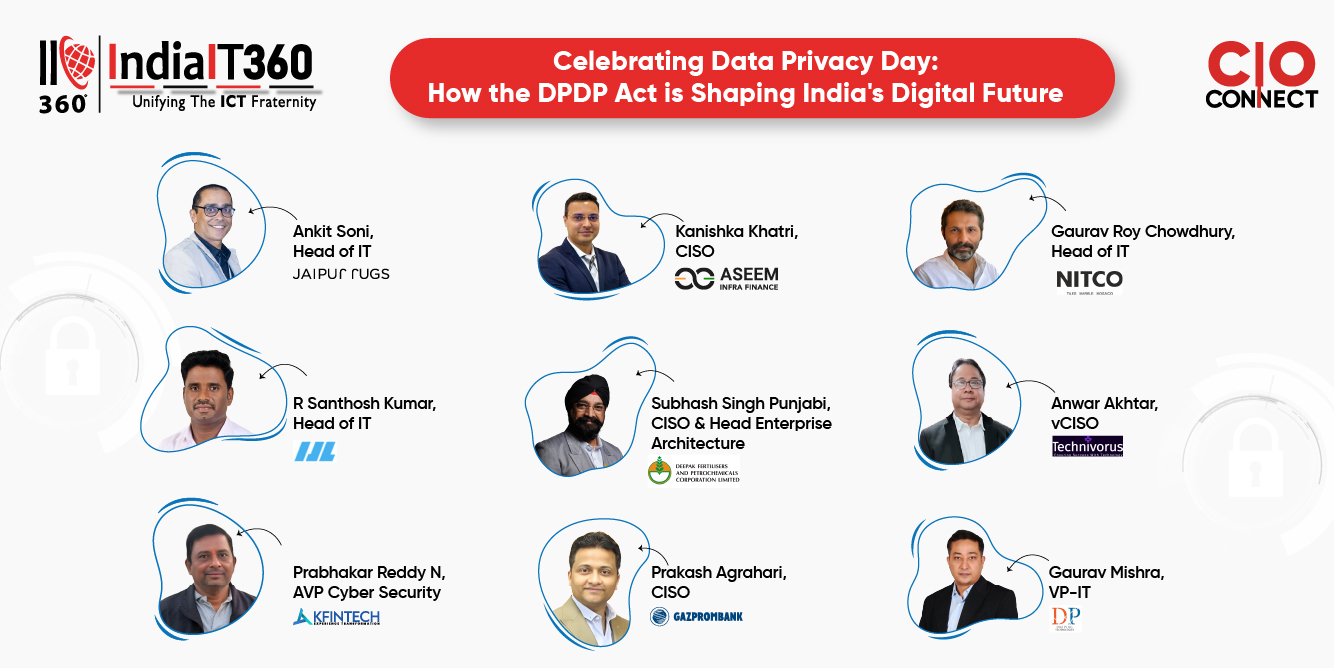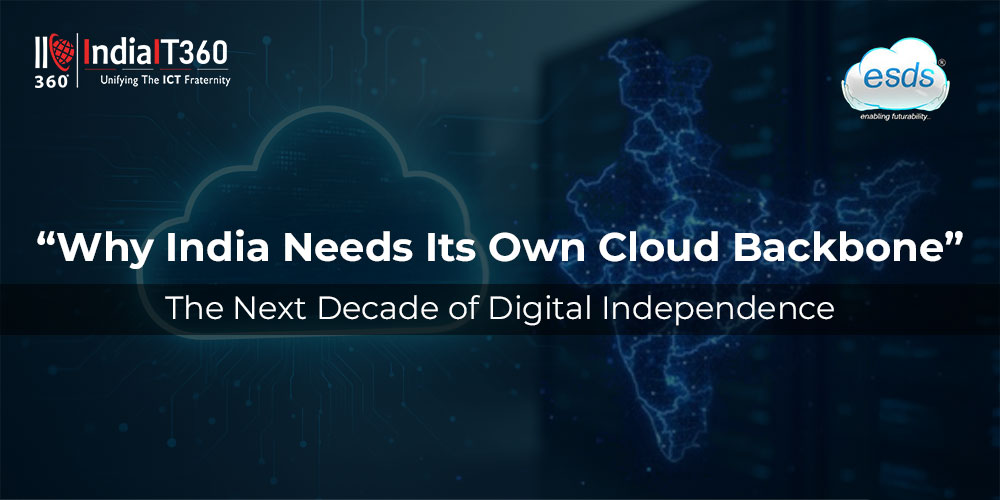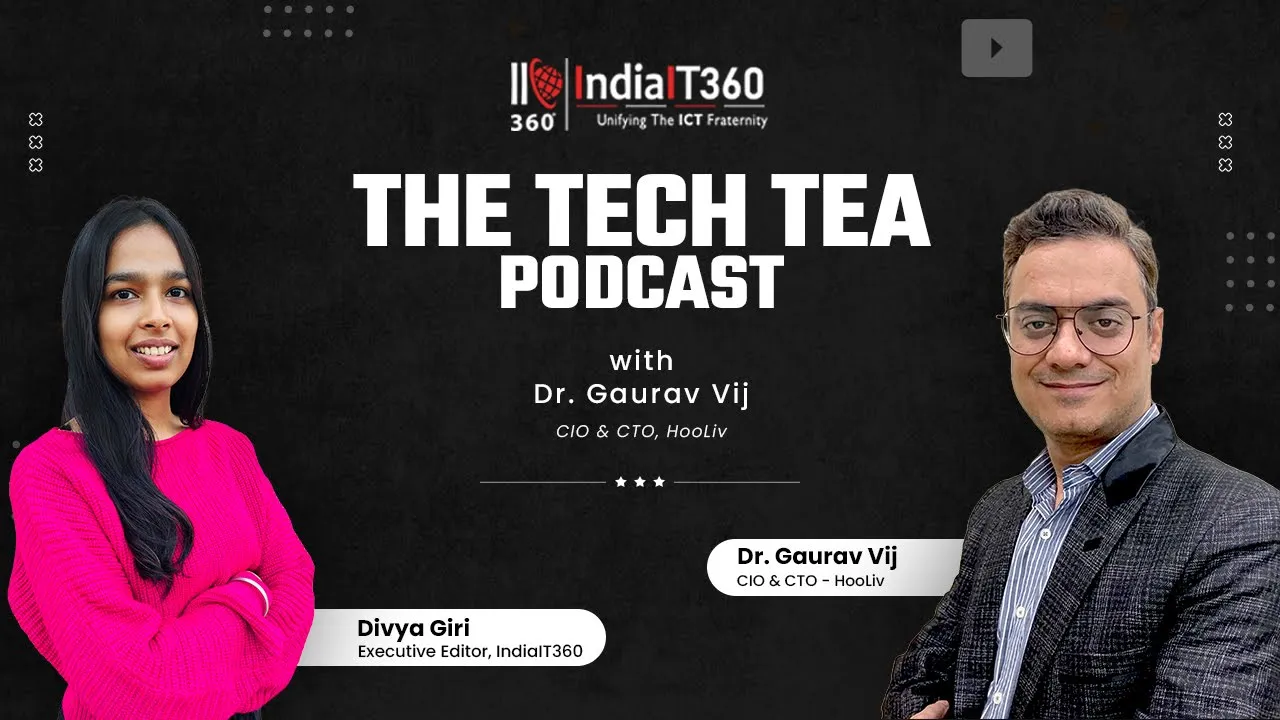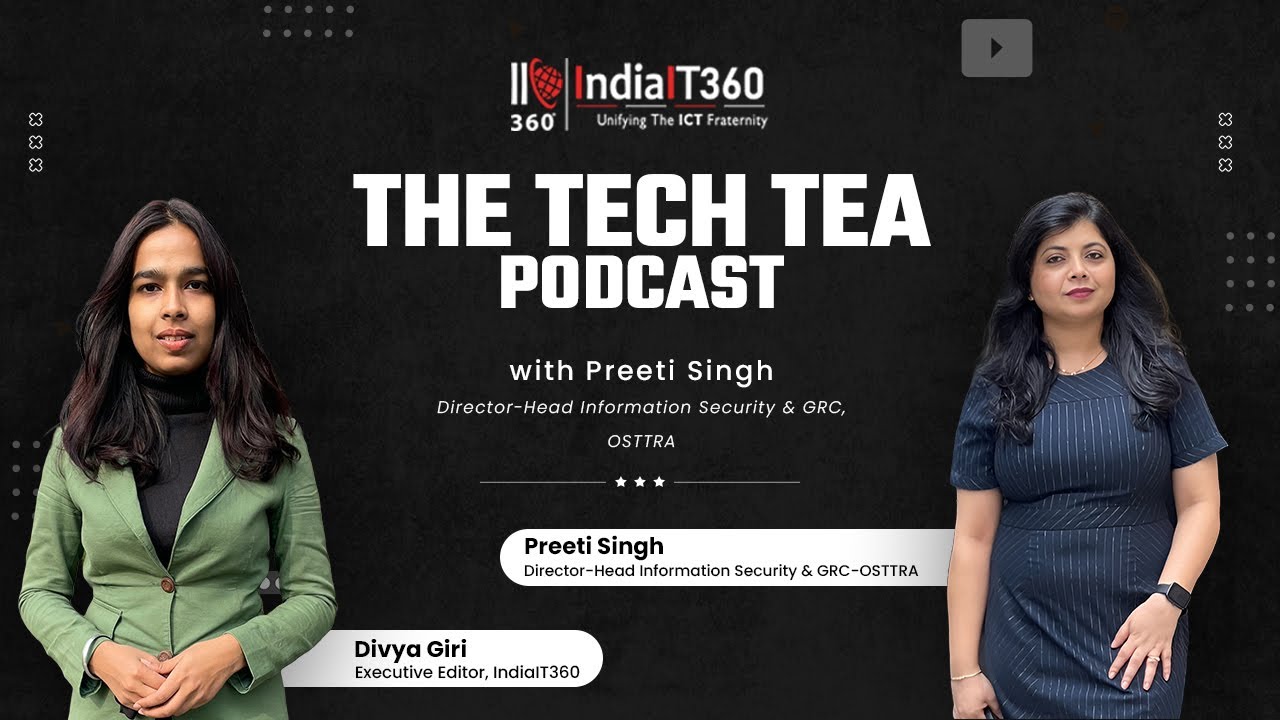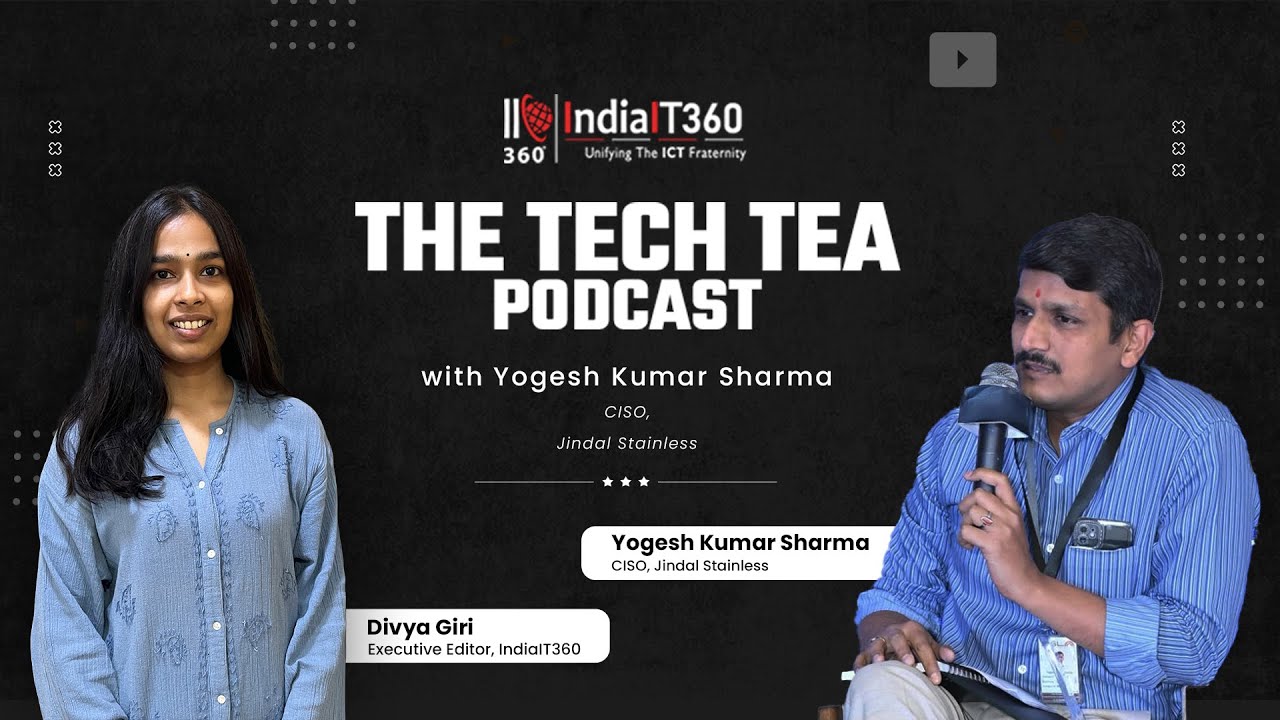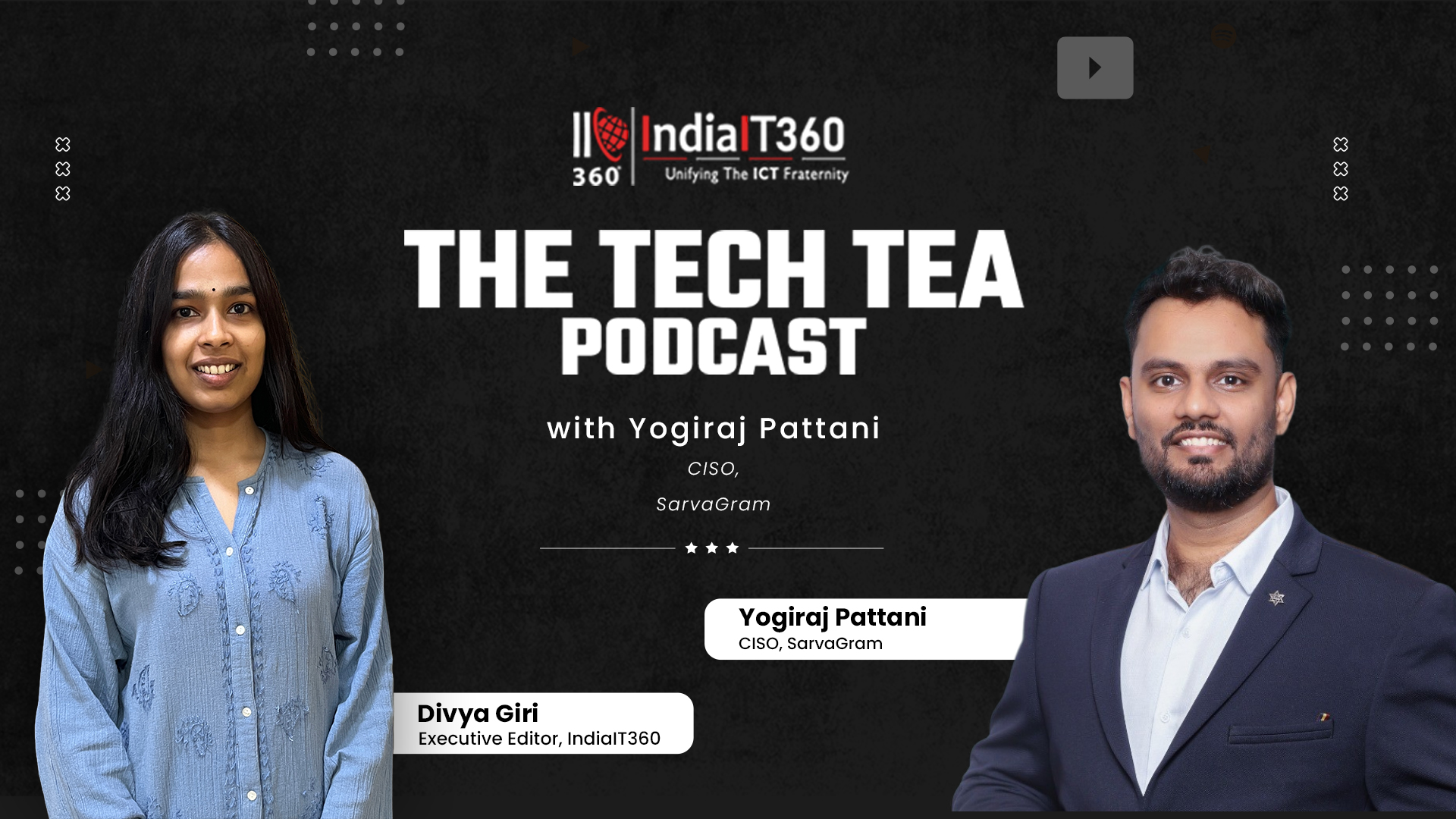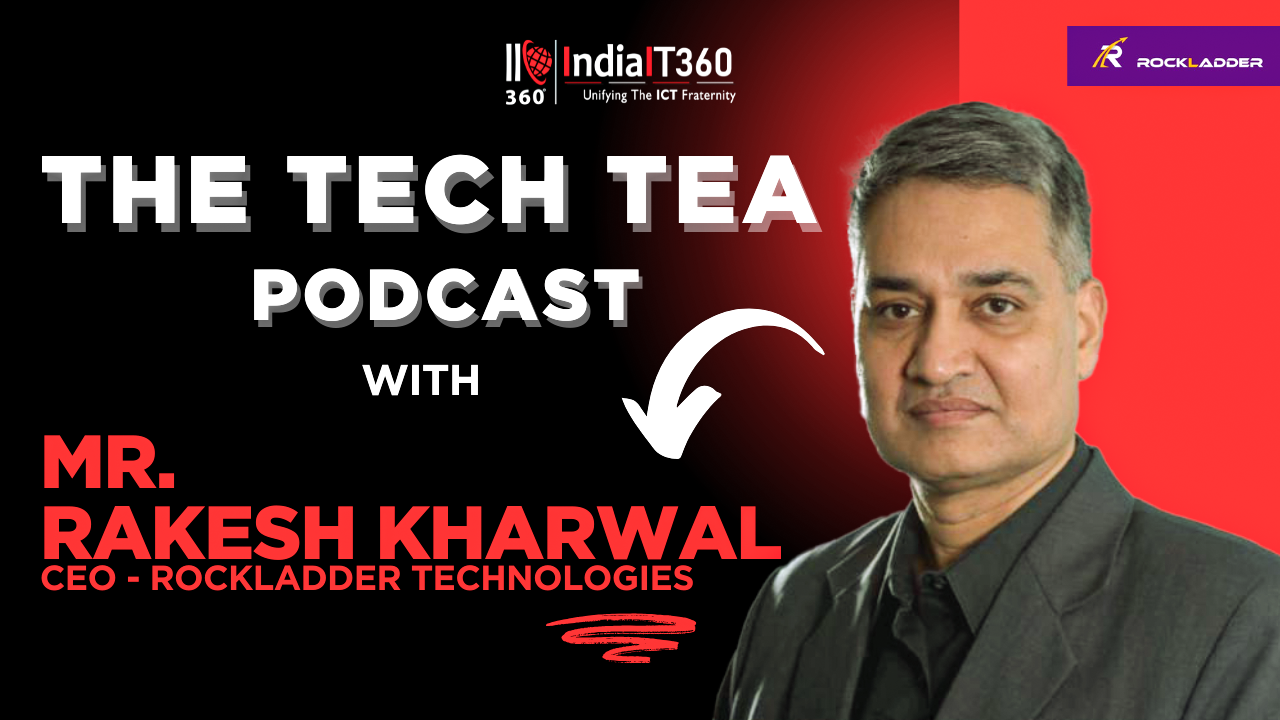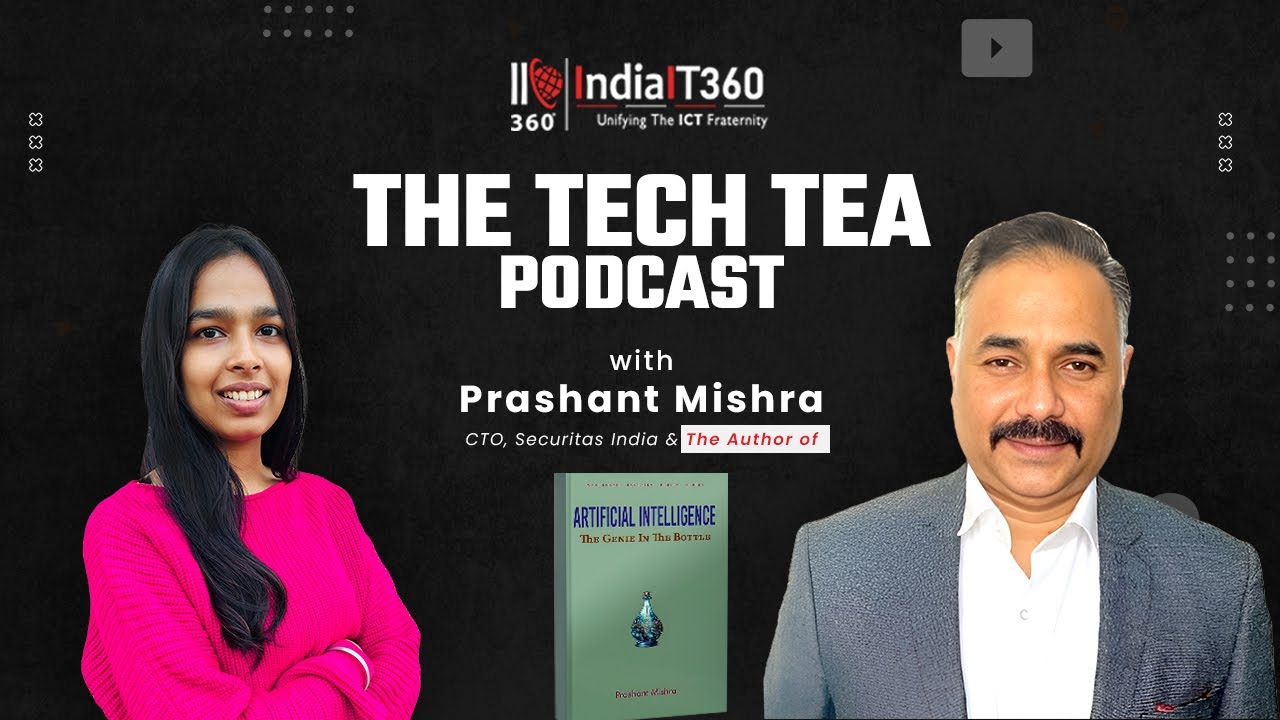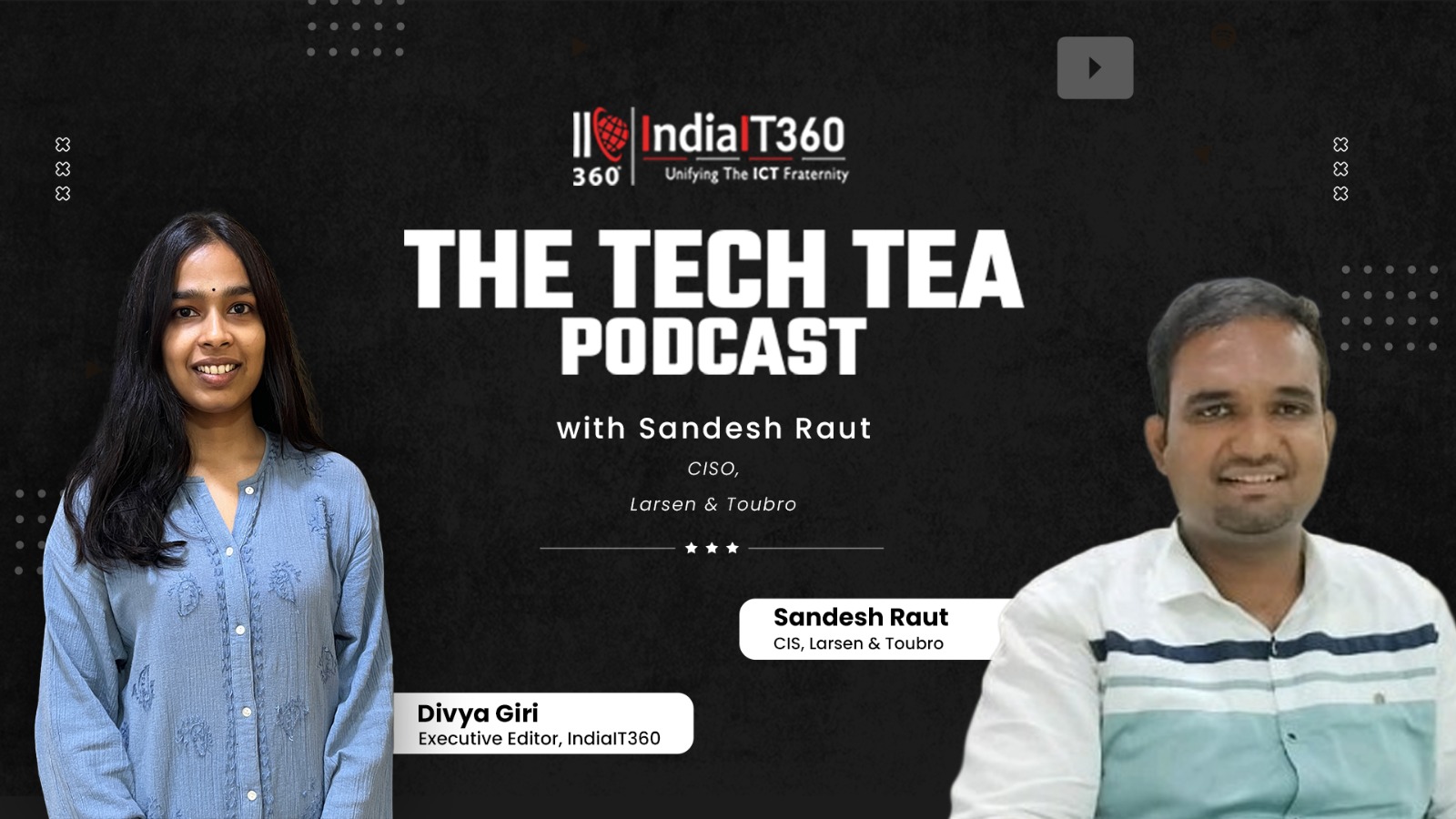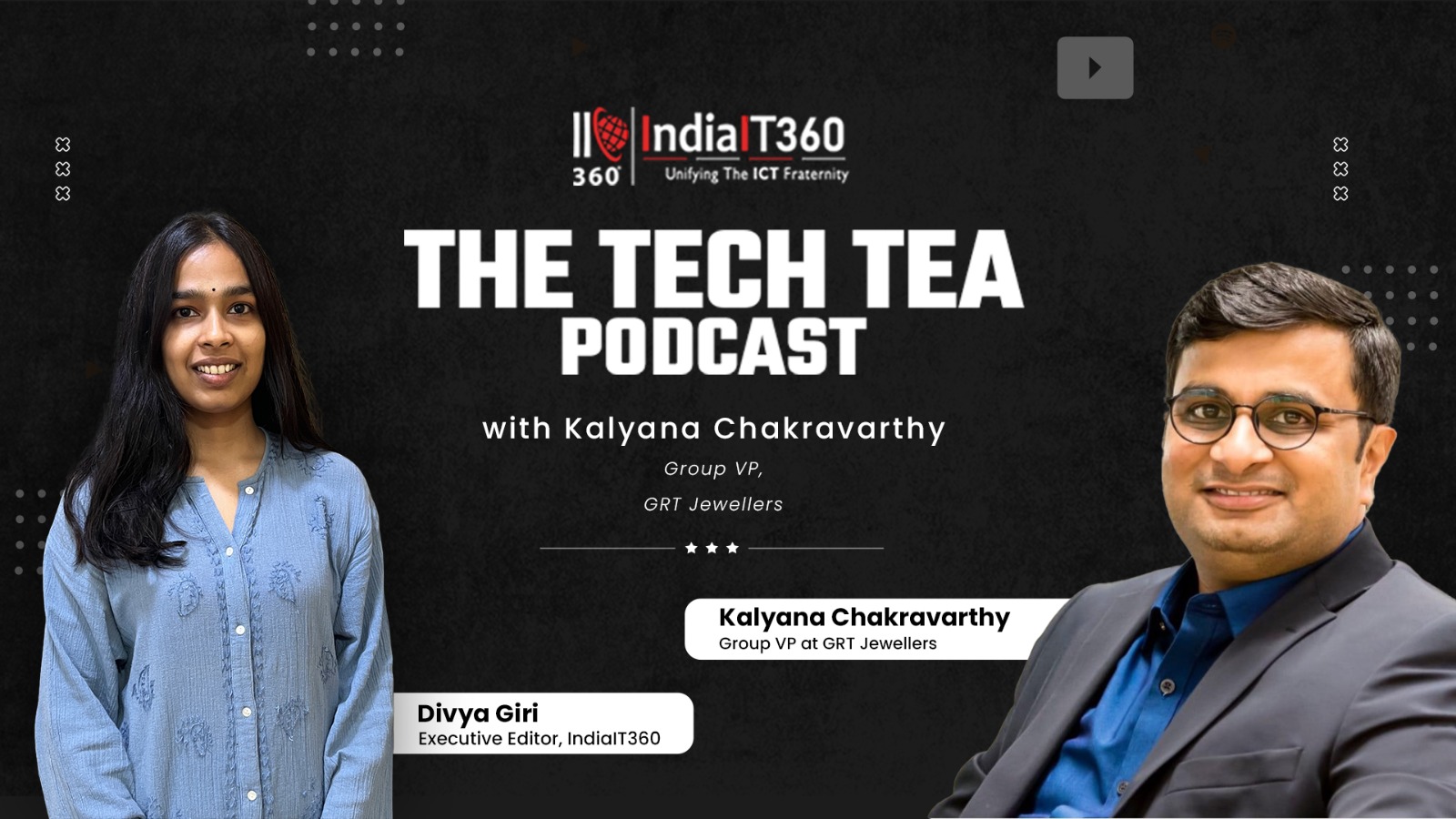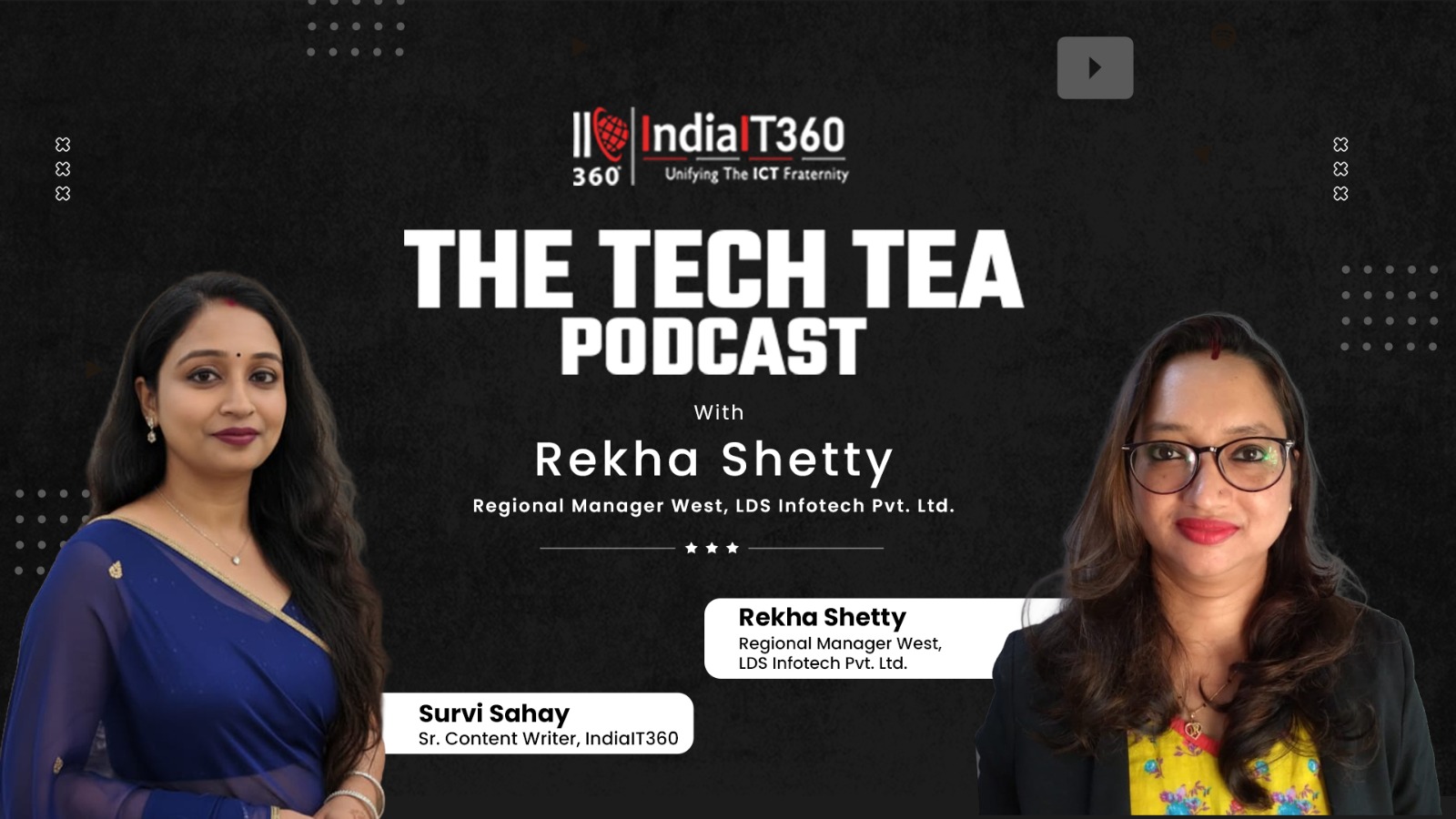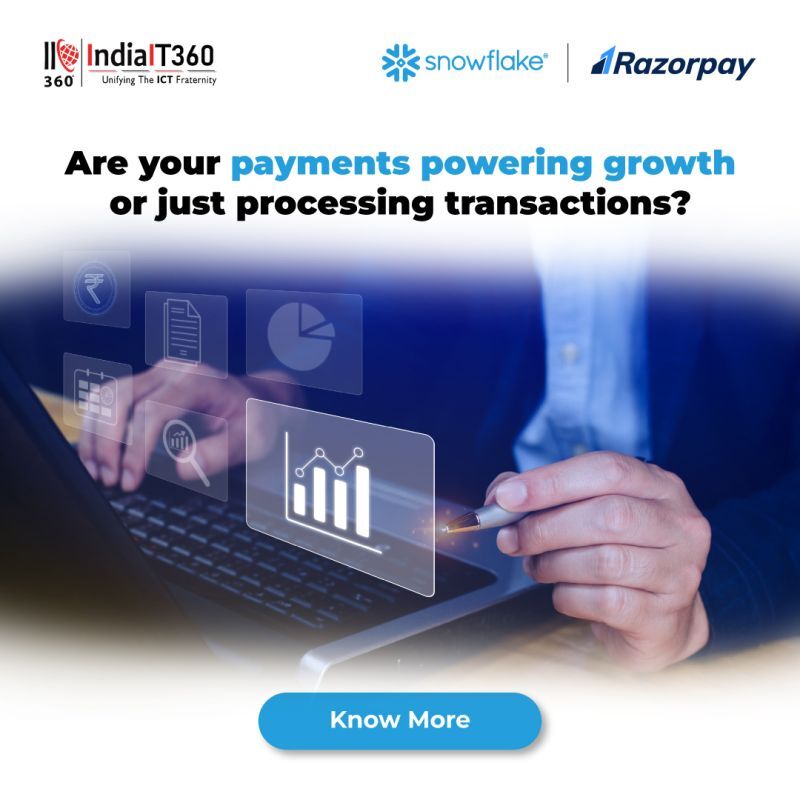Celebrating Data Privacy Day: How the DPDP Act is Shaping India's Digital Future
As we mark Data Privacy Day on January 28, 2025, it's the moment where we need to pause and look at the shifting landscape of data protection. And with the introduction of India's Digital Personal Data Protection (DPDP) Act, the phase of the digital world is shifting instantly. This step is not just any other regular step; it's a shift that promises more security, accountability and transparency in handling the overall personal data across industries.
To see what tech leaders think about the DPDP Act, which is influencing India's data privacy roadmap, we contacted some tech influencers, such as IT CxOs. Here's what they have to say:
 Mr. Prakash Agrahari, Chief Information Security Officer at Gazprombank, highlights that the DPDO act is not just some paper rules for banks. It's a catalyst for creating robust security systems that help the customer trust.
Mr. Prakash Agrahari, Chief Information Security Officer at Gazprombank, highlights that the DPDO act is not just some paper rules for banks. It's a catalyst for creating robust security systems that help the customer trust.
He adds, "It highlights the need for robust data protection strategies, risk management, and enhanced accountability in safeguarding personal data. From a banking perspective, the DPDP Act 2023 mandates stringent data protection measures, requiring banks to enhance their data security frameworks and ensure compliance with privacy standards. This law will drive increased focus on customer data handling, breach response protocols, and transparent consent management".
 Mr. Subhash Singh Punjabi, CISO & Head of Enterprise Architecture at Deepak Fertilisers & Petrochemicals Corporation Ltd, sees the DPDP Act as a stepping stone to enhance India's digital privacy to international standards. He adds, "The Digital Personal Data Protection Act (DPDPA) is pivotal in safeguarding personal data and cultivating trust in India's digital ecosystem. It enforces transparency, consent, and accountability in data handling, aligning with global privacy benchmarks. Looking ahead, it will drive ethical data practices, fuel innovation, and solidify India's stature as a leader in secure digital transformation".
Mr. Subhash Singh Punjabi, CISO & Head of Enterprise Architecture at Deepak Fertilisers & Petrochemicals Corporation Ltd, sees the DPDP Act as a stepping stone to enhance India's digital privacy to international standards. He adds, "The Digital Personal Data Protection Act (DPDPA) is pivotal in safeguarding personal data and cultivating trust in India's digital ecosystem. It enforces transparency, consent, and accountability in data handling, aligning with global privacy benchmarks. Looking ahead, it will drive ethical data practices, fuel innovation, and solidify India's stature as a leader in secure digital transformation".
 Mr. Prabhakar Reddy N, Assistant Vice President of Cyber Security at KFin Technologies Ltd., shares that DPDPA has classified the organizations into different categories like data principal, data fiduciary, and data processor based on the sources the data is collected, processed and stored. The Act has outlined different data security and data protection controls for the different categorizations specified above.
Mr. Prabhakar Reddy N, Assistant Vice President of Cyber Security at KFin Technologies Ltd., shares that DPDPA has classified the organizations into different categories like data principal, data fiduciary, and data processor based on the sources the data is collected, processed and stored. The Act has outlined different data security and data protection controls for the different categorizations specified above.
He showcases the DPDP Act's flexibility by categorizing firms, making it manageable and ensuring that the right level of protection should be applied when it's needed the most.
 Mr. Anwar Akhtar, vCISO at PurpleCop Security, said, "In my observation, the Digital Personal Data Protection (DPDP) Act India steps into a new era of digital privacy regulation however understanding the truth behind common misconceptions is crucial for organizations navigating this transformative legislation.
Mr. Anwar Akhtar, vCISO at PurpleCop Security, said, "In my observation, the Digital Personal Data Protection (DPDP) Act India steps into a new era of digital privacy regulation however understanding the truth behind common misconceptions is crucial for organizations navigating this transformative legislation.
The Digital Personal Data Protection (DPDP) Act of India specifically governs digital personal data processing, contrary to the belief that it applies to all data types. The legislation focuses on information in digital form that can identify individuals. Non-digital personal data falls outside its jurisdiction, making the Act's scope more targeted than many realize.
The reality of the DPDP Act lies somewhere between these extremes, offering a nuanced framework that balances robust data protection with practical business needs."
Mr. Akhtar clears up the common misconception that the DPDP Act is not all-encompassing; it protects digital personal data and ensures businesses use it responsibly.

 Mr. Ankit Soni, Head of Information Technology at Jaipur Rugs breaks it down into simple terms; he shares how the DPDP act allows businesses to innovate responsibly. The Digital Personal Data Protection Act (DPDPA) - It's an Act to provide for the processing of digital personal data in a manner that recognizes both the right of individuals to protect their personal data and the need to process such personal data for lawful purposes only.
Mr. Ankit Soni, Head of Information Technology at Jaipur Rugs breaks it down into simple terms; he shares how the DPDP act allows businesses to innovate responsibly. The Digital Personal Data Protection Act (DPDPA) - It's an Act to provide for the processing of digital personal data in a manner that recognizes both the right of individuals to protect their personal data and the need to process such personal data for lawful purposes only.
Explaining the Act in very simple terms -
- It is a law in India that aims to protect people's personal data when it is shared online or with companies.
- It ensures that businesses handle personal data responsibly, use it only for specific purposes, and keep it secure.
- It also gives individuals rights over their data, like the ability to access, correct, or delete it.
- The law is designed to balance privacy with the need for innovation and development in the digital world.
 Mr. Gaurav Mishra, Vice President of Information Technology at Digiplug Technologies Private Limited, mentions, "The DPDP Act strengthens individuals' data sovereignty and mandates organizations to implement robust privacy frameworks, ensuring compliance and accountability in the evolving digital landscape."
Mr. Gaurav Mishra, Vice President of Information Technology at Digiplug Technologies Private Limited, mentions, "The DPDP Act strengthens individuals' data sovereignty and mandates organizations to implement robust privacy frameworks, ensuring compliance and accountability in the evolving digital landscape."
Mr. Mishra, sees the DPDP Act as a key enabler, ensuring individuals have control over personal data.
 Mr. Kanishka Khatri, Chief Information Security Officer at Aseem Infrastructure Finance, said, "This DPDP act marks a pivotal shift towards individual rights, empowering users with control over their personal data. It imposes clear obligations on organizations, mandating transparency and accountability in data processing. Additionally, the Act addresses cross-border data flows while adapting to emerging technologies. With a dedicated enforcement mechanism in place, it aims for a robust regulatory framework that balances economic growth and individual rights. Staying informed will be crucial as this landscape evolves".
Mr. Kanishka Khatri, Chief Information Security Officer at Aseem Infrastructure Finance, said, "This DPDP act marks a pivotal shift towards individual rights, empowering users with control over their personal data. It imposes clear obligations on organizations, mandating transparency and accountability in data processing. Additionally, the Act addresses cross-border data flows while adapting to emerging technologies. With a dedicated enforcement mechanism in place, it aims for a robust regulatory framework that balances economic growth and individual rights. Staying informed will be crucial as this landscape evolves".
 Mr. R Santhosh Kumar, Head of Information Technology at India Japan Lighting Pvt Ltd, added, "The Digital Personal Data Protection (DPDP) Act prioritizes safeguarding individuals' personal data in digital environments. Emphasizing consent-based data collection, transparency, and accountability for data processors, it ensures the rights of data subjects. The enforcement of this Act signifies a notable transition towards a more privacy-conscious digital realm".
Mr. R Santhosh Kumar, Head of Information Technology at India Japan Lighting Pvt Ltd, added, "The Digital Personal Data Protection (DPDP) Act prioritizes safeguarding individuals' personal data in digital environments. Emphasizing consent-based data collection, transparency, and accountability for data processors, it ensures the rights of data subjects. The enforcement of this Act signifies a notable transition towards a more privacy-conscious digital realm".
 Mr. Gaurav Roy Chowdhury, Head of Information Technology at NITCO Limited, added, "With growing digitization and technology Digital data has become very important now. Everything is digital right from birth to death. Hence, it is very important to safeguard this as protection to this can save you from being hacked to the outer world".
Mr. Gaurav Roy Chowdhury, Head of Information Technology at NITCO Limited, added, "With growing digitization and technology Digital data has become very important now. Everything is digital right from birth to death. Hence, it is very important to safeguard this as protection to this can save you from being hacked to the outer world".
To conclude, the DPDP Act is not just a legal formality; it's a massive shift in how we approach data privacy in India. The Act sets the notion for a more safe and secure digital ecosystem from data security to building consumer trust. It presents businesses with opportunities that build strong relationships with consumers by protecting the most valuable asset, which is their personal data.
And as we celebrate Data Privacy Data, let's not just focus on data protection but take action. Whether you're an individual who's willing to control your data or an organization looking to be ahead of the upcoming changes, the DPDP Act delivers a clear and actionable framework for data privacy in today's digital world.




